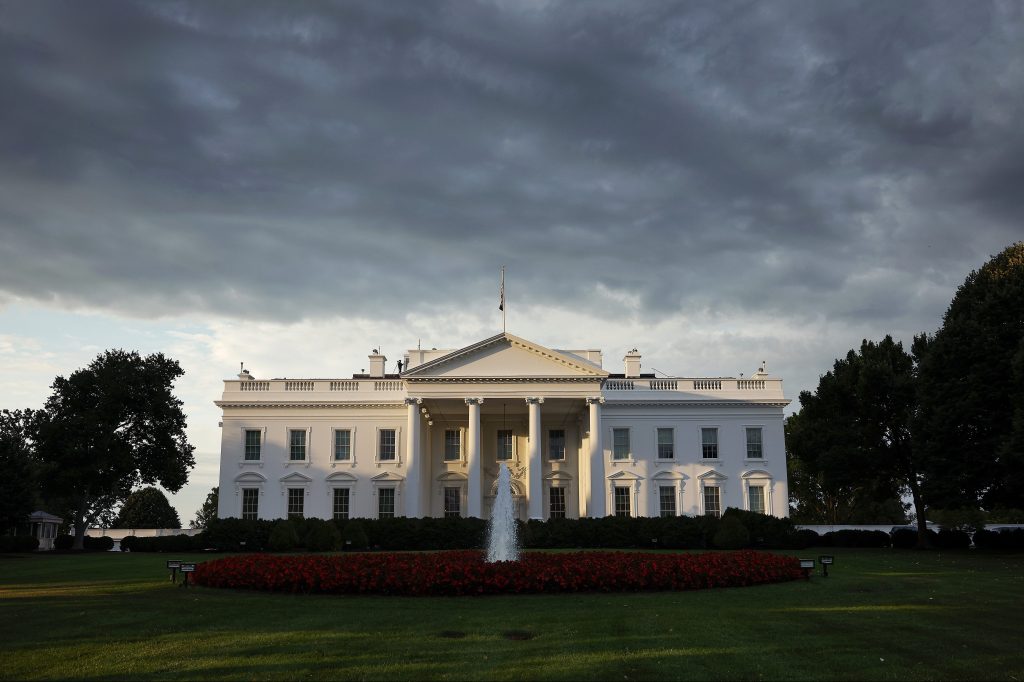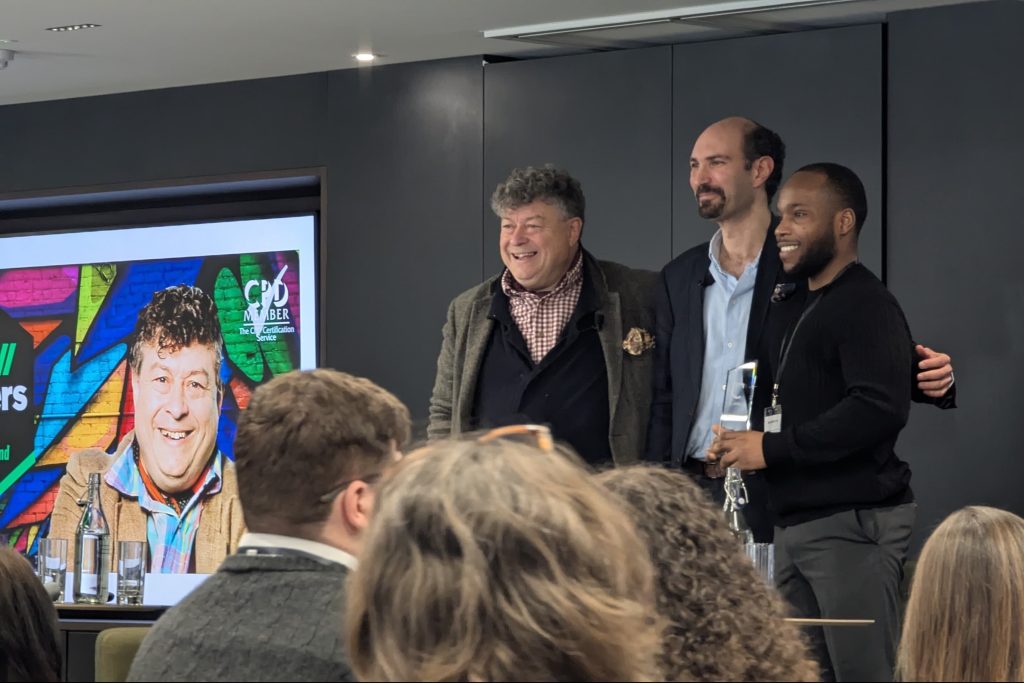As ESG issues get drawn into the culture wars debate, asset managers are coming under pressure to make decisions based primarily on politics rather than economics, Oregon State Treasurer Tobias Read has warned. In a strongly worded interview with specialist website Capital Monitor, he said it is “just so silly” to suggest that state treasurers should not consider ESG factors when making decisions.
Read was one of 12 Democratic state treasurers with a combined total of around $2.5bn AUM who wrote an open letter in response to recent anti-ESG legislation and blacklisting. The letter termed these developments “a backlash response on behalf of political and corporate interests seeking to interfere with the progress made by those of us who believe in collaboration and engagement.”
His comments turn some of the arguments deployed by the anti-ESG lobby back on it. He argues that such initiatives are examples of “letting politics sneak into something where it doesn’t have a place” and says “How silly it is… that our first question is ‘What are your politics?’ We should be asking ‘What’s your investment thesis?’”
Contrary to free market principles
Read is scathing about some of the arguments used by Republicans in the anti-ESG drive, and says their actions “are absolutely contrary to the principles that many of these people, in particular, espouse with respect to the free market”.
He singled out a response from West Virginia treasurer Riley Moore which, in two sentences, “managed to use the words totalitarian, anti-American, globalist agenda and liberal elites”. He added that “all that was missing was the word ‘woke’ and a reference to the Chinese Communist Party”.
While Read’s intervention is unlikely to cool the temperature in an increasingly heated debate, it once again highlights the pressures asset managers are under. US asset manager BlackRock, for example, finds itself on a blacklist drawn up by the State of Texas Comptroller of firms judged to be unfairly boycotting energy stocks, while it is also facing calls from the New York City Comptroller to do more to secure net-zero commitments.
The crux of the problem is that the whole debate centres on how to introduce and measure judgements that are by definition subjective into a process that has to show some degree of objectivity. Read has a more pithy observation – “Everyone’s for competition until they have to compete”.













